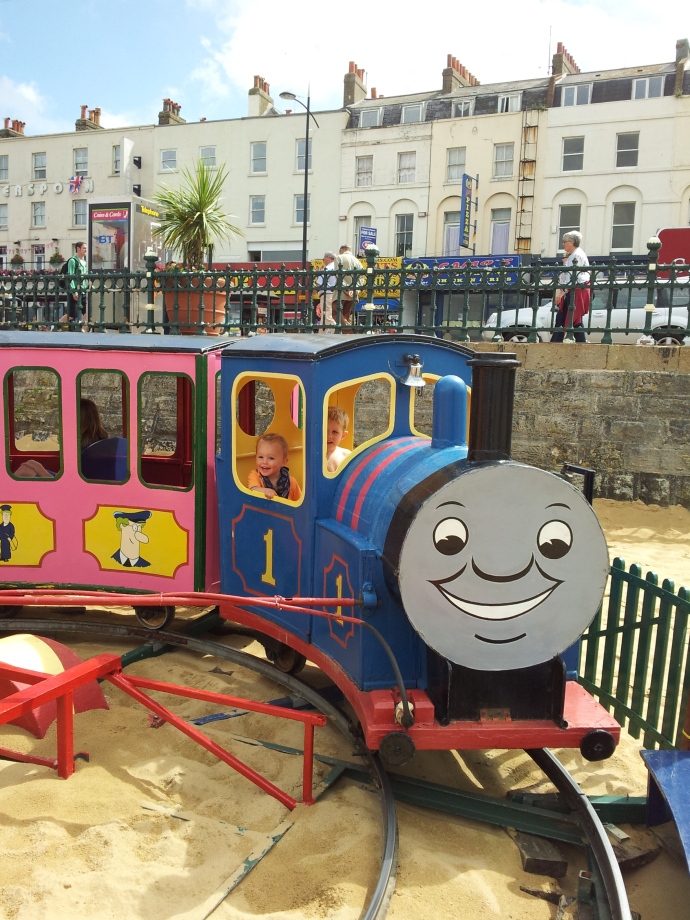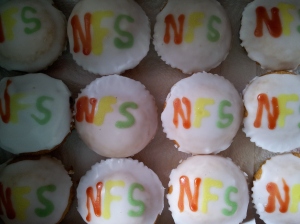Being told we were to receive a fully funded EHCP for Buster was the equivalent of finding a Wonka’s Golden Ticket. We were elated. A year of painful school meetings, social work meetings, paperwork, arguing, advocating, appointments with various doctors, CAMHS and support services, more paperwork and lots of stress had paid off. Full funding basically meant that Buster would get 1:1 classroom support and hopefully this would increase his chances of remaining in mainstream school.
If anyone had explained to me, at the beginning of our adoption journey, the amount of advocacy I would have to do on behalf of my adopted children I would never have believed it. Prior to adopting I had a rose tinted view of the world that our children would be cushioned by a net of societal support and understanding. This is no longer my view. If your adopted child has issues, be prepared to fight. We stood on the precipice of a massive sink hole with school and Buster almost got washed down it. It makes me effervesce with anger that support has to be so hard fought. I have a sound working knowledge of the education system after teaching for so many years, but what about families who don’t have that kind of knowledge?
Other than people within my immediate social circle I also gleaned a lot of advice and emotional support via twitter. Thank you tweeters, too many of you to mention but in terms of groups…massively helpful twitter accounts: @AdoptionSocial @TheOpenNest @ThePOTATOgroup @lgbtadoptfoster you guys rock.
Adopted children almost exclusively have difficult starts but many people working with children still believe adoption is some sort of panacea. Perhaps the biggest hurdle faced by most carers and adopters is the level of awareness schools have. Few teachers have a working understanding on attachment issues, neurological developmental difficulties and the effects of early loss and trauma on children’s social/emotional and educational success. There is also a lot of evidence to show that many adopted children have problems with executive function which impacts on all areas of learning.
You may be lucky enough to be in a school with a strong understanding of your children’s needs, but if you are not, then you may have to be the one enlightening the staff and pushing for entitlements.

 weeks Biff went from being a calm and happy child who rarely lost his temper to an incredibly angry little boy. It was a shock. We thought we had prepared Biff well for his new little brother. We’d involved him in the process from the very beginning, talking about how he felt, what he was looking forward to and what he was not. We asked his opinion on what he thought his brother would like in his room, he helped us choose some clothes, teddies and cup and plate set. Of course he got presents too!
weeks Biff went from being a calm and happy child who rarely lost his temper to an incredibly angry little boy. It was a shock. We thought we had prepared Biff well for his new little brother. We’d involved him in the process from the very beginning, talking about how he felt, what he was looking forward to and what he was not. We asked his opinion on what he thought his brother would like in his room, he helped us choose some clothes, teddies and cup and plate set. Of course he got presents too!



